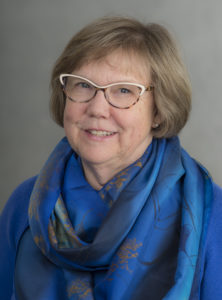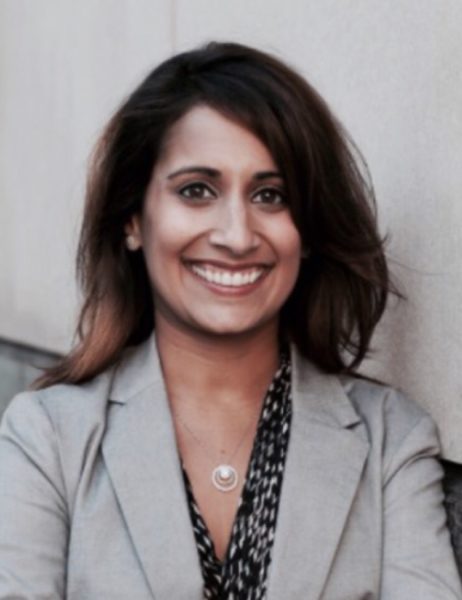
By Shreya Chandrasekar
Earlier this month, I had the opportunity to interview Monica Vajani, a seasoned healthcare professional who currently works with CVS Health. Vajani spent her childhood on the East Coast, attended Washington University in St. Louis for her undergraduate, and ultimately put down roots in the Midwest when she started her career in the medical device industry. Multiple factors prompted her decision to pursue a career in healthcare, including a strong interest in science and math, a desire to help vulnerable populations, and the fact that many members of her extended family were healthcare professionals.
During her time at Washington University, Vajani started to get a better understanding of her specific interests within biomedical engineering. While combining medical sciences and engineering was relatively new at the time, it seemed like the perfect blend of Vajani’s skills and interests. At an informational session by St. Jude Medical, a company that manufactures pacemakers, defibrillators, and a myriad of other heart-related medical devices, Vajani learned about their college hire program. Subsequently, she took all the required classes and underwent a rigorous interview process to land a coveted job with this company. The job offered her the perfect opportunity to combine her interpersonal skills and scientific knowledge gleaned from working with clinicians to implant these devices. It started Vajani on her career path for the next decade where she served as a vital link between patients, clinicians, and manufacturers. This pivotal role helped her develop key skills that would enable her to later play larger roles in marketing and product development.
After working in sales and marketing at St. Jude Medical for over 7 years, Vajani attended the prestigious Booth School of Business at the University of Chicago in order develop a deeper understanding of the business world. As a part time student, she was able to apply key classroom learnings to her role as a clinical specialist at Medtronic. Upon graduating, she spent the next leg of her career working at MATTER, helping start-ups and corporate healthcare organizations develop commercialization and innovation strategies, respectively. Her experience at MATTER prepared her well for her current role with CVS Health, where she is part of a transformation team that is tasked with building new products and services that will drive better patient experiences and outcomes. Especially in the context of the current pandemic, she has sought to turn a generally slow-responding corporate environment into one that reacts faster and more effectively. Vajani believes that the current uncertainty and malleability surrounding the healthcare environment has pushed her to take the reins and continue driving change. While speaking with her, it was obvious that she has been able to make her impact by staying abreast of the most recent advancements and emergent trends across the healthcare ecosystem – including new healthcare technology start-ups as well as mergers and acquisitions between dominant players in health insurance, pharma, and medtech.
While Vajani’s career has been diverse, the continuous drive to help people has been critical to her success. This was a value that her mother instilled in her early in her childhood. Vajani says that her mother was very supportive of her dreams and encouraged her to challenge herself across all aspects of life. In addition to her mother, Vajani’s mentors throughout her career inspired confidence in her that pushed her to reach her professional ambitions. In just over a decade, Vajani has achieved many career goals, and she is just getting warmed up. In the future, Vajani hopes to start her own business and create a formal system that allows her to mentor and invest in small businesses.
Navigating her career in science as a woman hasn’t always been easy, but the difficult experiences have helped Vajani develop skills to overcome challenges and fostered in her a greater appreciation for people who nurture a welcoming and productive working environment. In her free time, Vajani spends time pursuing passions, such as wheelthrown pottery. When asked what advice she would give to a woman early in her career, Vajani emphasized the importance of goal setting early on both personally and professionally, while remaining open to new, seemingly uncomfortable experiences, as these are opportunities for growth.

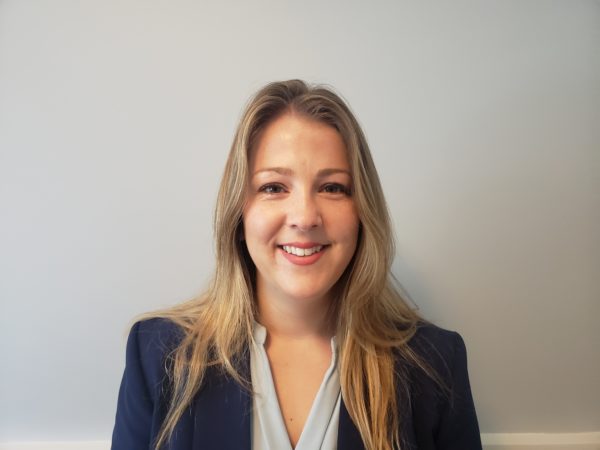
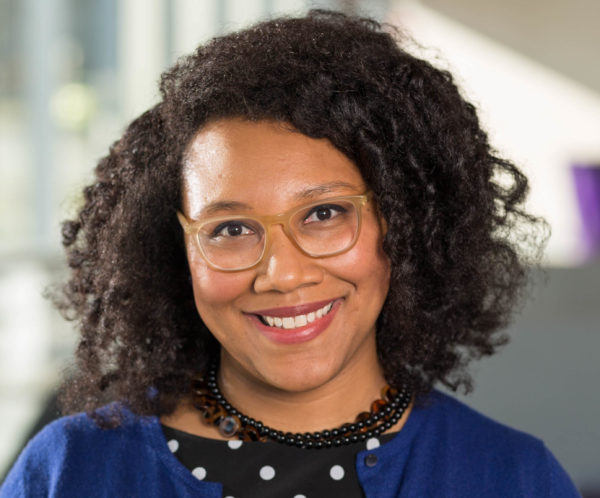
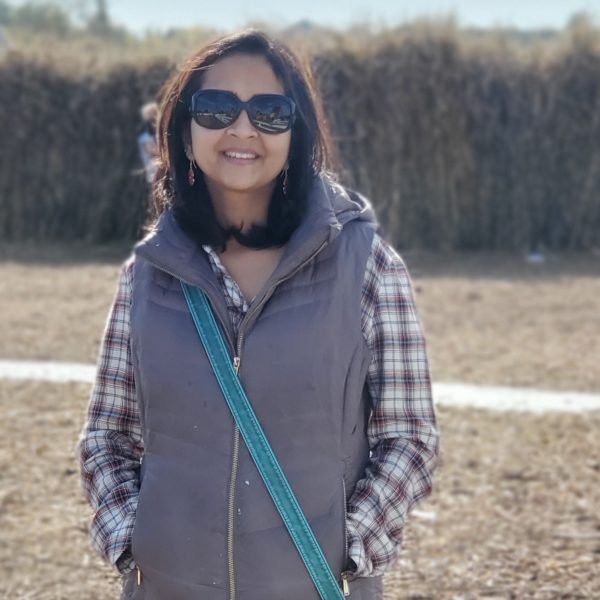
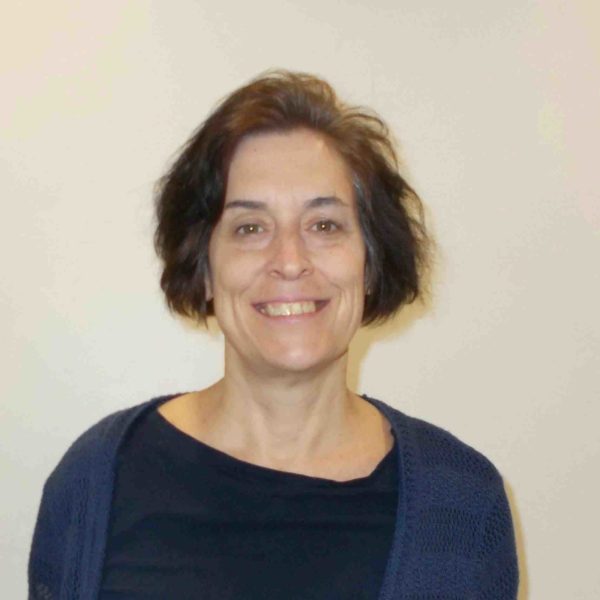
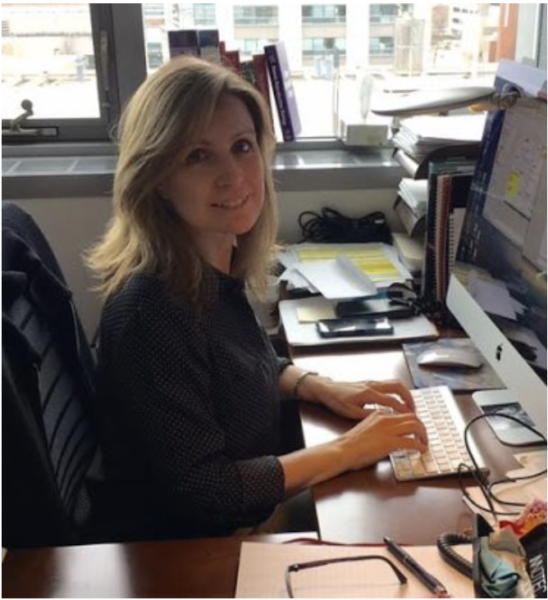
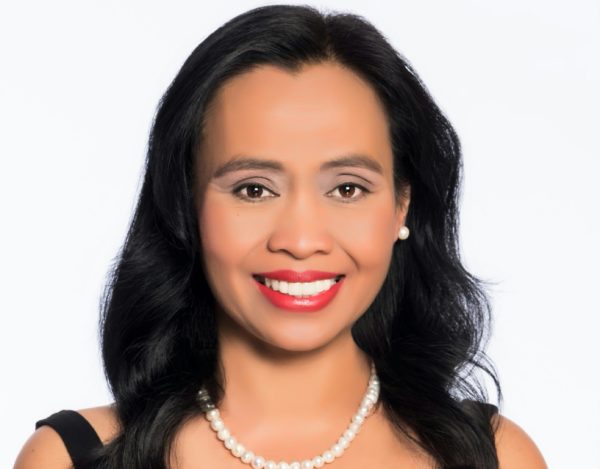
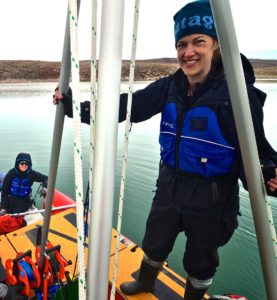 Interview and article by: Suchitra Sankaranarayan; Photo by:Alex P. Taylor
Interview and article by: Suchitra Sankaranarayan; Photo by:Alex P. Taylor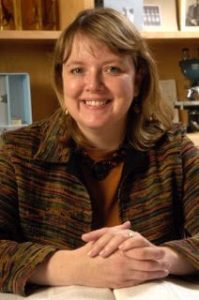 Dr. Kay Macleod is known for her pioneering research into autophagy and mitochondrial dysfunction in cancer. Now an Associate Professor and Chair of the Committee on Cancer Biology at the University of Chicago, Kay created a pathway to success that was uniquely her own. Growing up on the islands of north-west Scotland, Kay’s childhood embraced daily encounters with nature, around shoreline rock pools and forests near her home. This strong affinity with nature feeds Kay’s scientific passion to this day. But Kay’s career-defining moment came when a TV program featuring Bob Weinberg, the renowned MIT cancer biologist, aired around the same time that Kay’s grandmother died from ovarian cancer. A healthy non-smoker, the cause of her grandmother’s ovarian cancer was unknown. This opened Kay’s eyes to the scientific challenge of trying to understand what causes cancer. Bob Weinberg’s explanation of oncogenes and how they drive cancer intrigued Kay and made her realize that this was the scientific endeavor she wanted to pursue. High school teachers recognized Kay’s inquisitive mind and pushed her towards a career in medicine, which was expected for young students with strong grades and an interest in the disease. But when applying to college she realized, “It’s the science of medicine that’s more interesting to me than patient care.” Kay ultimately decided to study molecular biology at university. Her education and career have taken her around the world – after earning a Bachelor of Science degree with honors at the University of Edinburgh and her Ph.D. at the University of Glasgow in Scotland, Kay ventured to the Pasteur Institute in France for post-doctoral research followed by a highly productive post-doctoral fellowship at MIT. Since 2001, Kay has carried out innovative cancer research in her own laboratory at the University of Chicago. Her experiences throughout her career provide significant insight for young scientists.
Dr. Kay Macleod is known for her pioneering research into autophagy and mitochondrial dysfunction in cancer. Now an Associate Professor and Chair of the Committee on Cancer Biology at the University of Chicago, Kay created a pathway to success that was uniquely her own. Growing up on the islands of north-west Scotland, Kay’s childhood embraced daily encounters with nature, around shoreline rock pools and forests near her home. This strong affinity with nature feeds Kay’s scientific passion to this day. But Kay’s career-defining moment came when a TV program featuring Bob Weinberg, the renowned MIT cancer biologist, aired around the same time that Kay’s grandmother died from ovarian cancer. A healthy non-smoker, the cause of her grandmother’s ovarian cancer was unknown. This opened Kay’s eyes to the scientific challenge of trying to understand what causes cancer. Bob Weinberg’s explanation of oncogenes and how they drive cancer intrigued Kay and made her realize that this was the scientific endeavor she wanted to pursue. High school teachers recognized Kay’s inquisitive mind and pushed her towards a career in medicine, which was expected for young students with strong grades and an interest in the disease. But when applying to college she realized, “It’s the science of medicine that’s more interesting to me than patient care.” Kay ultimately decided to study molecular biology at university. Her education and career have taken her around the world – after earning a Bachelor of Science degree with honors at the University of Edinburgh and her Ph.D. at the University of Glasgow in Scotland, Kay ventured to the Pasteur Institute in France for post-doctoral research followed by a highly productive post-doctoral fellowship at MIT. Since 2001, Kay has carried out innovative cancer research in her own laboratory at the University of Chicago. Her experiences throughout her career provide significant insight for young scientists.